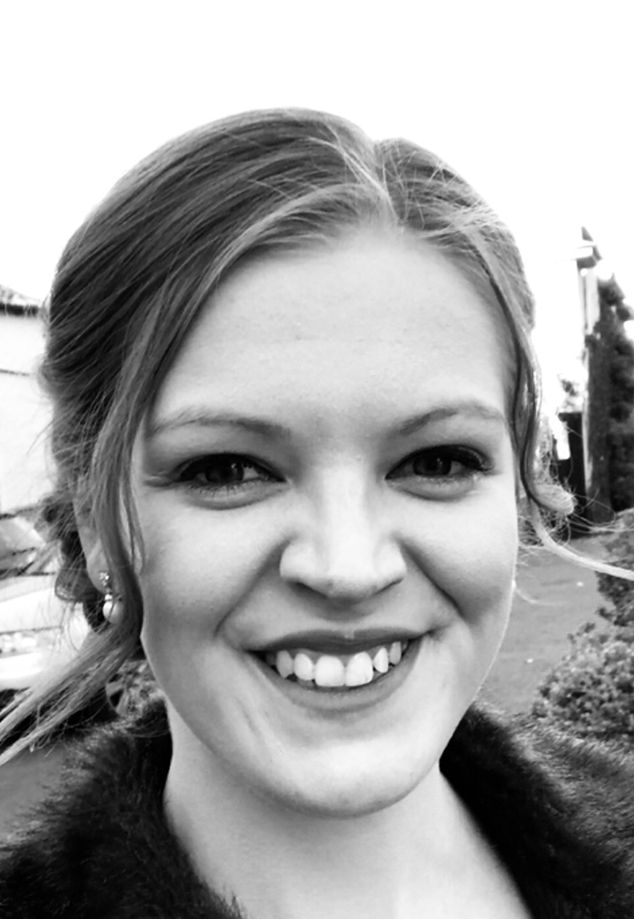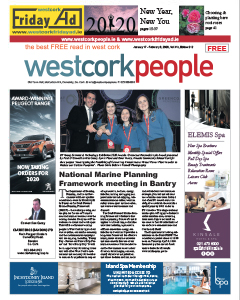There are many definitions of mindfulness available these days, but personally I like the simplicity of Rob Nairn’s; “knowing what is happening, while it is happening, without preference”. In terms of being mindful, this means knowing what you are thinking while you are thinking it and knowing how you are feeling while you are feeling it, no matter what it is. I can struggle with the “no matter what it is” part, particularly if I am experiencing strong emotions that I don’t like, such as shame or aversion.
At times it is not easy to acknowledge and accept what is happening or how we are feeling, so instead we invest energy on what we would prefer to be happening or how we would prefer to be feeling. These push/pull tendencies against or towards certain situations, thoughts, feelings, etc are a natural feature of being human. This deeply ingrained sense of preference for things we like, over things we don’t like is key to understanding mindfulness. We all want to be lovely, happy people with nice thoughts, positive emotions, etc and therefore we can meet our difficult emotions with resistance, instead of acknowledging and allowing them space to naturally dissipate.
I noticed a very subtle thought the other day, as I was writing some reflections and it was a thought that “I’m getting back to myself” after a very difficult few months. What I identified as this nice, calm, pleasant-to-be-around version of myself is obviously the version of me that I prefer. So, what about the irritable, sad, angsty person that I have been in recent weeks? Who was that? I realised that I did not want to identify with those parts of myself and found it easier to reject or deny them.
Accepting difficult emotions can be a real challenge. Nobody intentionally chooses to feel sad or angry, etc. We would much prefer to feel happy. Yet it is only in recognising and accepting these less popular emotions that we can move through them and build our resilience. It doesn’t mean we have to linger on negative emotions but suppressing or denying them is like throwing petrol on a fire, it only causes it to burn more strongly or ignite somewhere else. Mindfulness can help us to deal with tricky emotions, rather than forcing them down inside, possibly leading to greater problems down the line, in terms of destructive actions or attitudes.
Turning towards or ‘sitting with’ our difficulties is a controversial concept in western culture, as we are conditioned to seek pleasure and avoid pain. So, we tend to struggle with our suffering rather than accepting it, often leading to a worsening of the problem and even more pain. This idea of ‘staying with or leaning into suffering’ is discussed by Tara Brach in her ground-breaking book ‘Radical Acceptance’. Can we learn to accept all aspects of ourselves? Even those we least prefer? This is where mindfulness and self-compassion intersect. Mindfulness provides us with the core stability and steadiness to turn towards painful emotions or situations. Self-compassion acts as a soothing balm for our pain.
Instead of expending precious energy wishing things were different in our lives or wishing we ourselves were somehow different we can learn the skills of directing compassion towards ourselves. The next time you notice you are experiencing an emotion that makes you feel bad about yourself, try taking two or three deep breaths and offering a kind gesture towards yourself, like gently placing one or both hands on your heart. Feeling the soothing warmth of your own hands on your heart can be very comforting during times of stress or difficulty and can help us to develop a softer attitude towards ourselves. As lovely September draws to a close and we watch the season changing before our eyes, we can also practice being kind to ourselves by adding little comforts to rainy days. Take some time to turn inwards and reflect sitting by a cosy fire, sip on soothing cups of tea or wrap up warmly to enjoy a walk in nature, welcoming and savouring all of Autumn’s beautiful offerings.
A weekly drop-in mindfulness hour runs on Tuesday mornings from 9.30 – 10.30am upstairs at Market St Clinic, Skibbereen (beside the bus stop). My schedule of autumn classes and courses around West Cork is currently being confirmed, please feel free to get in touch for information on courses in your area. For more information on future workshops and courses call Susan on 087 2700572 or email: susanoreganmindfulness@gmail.com.




